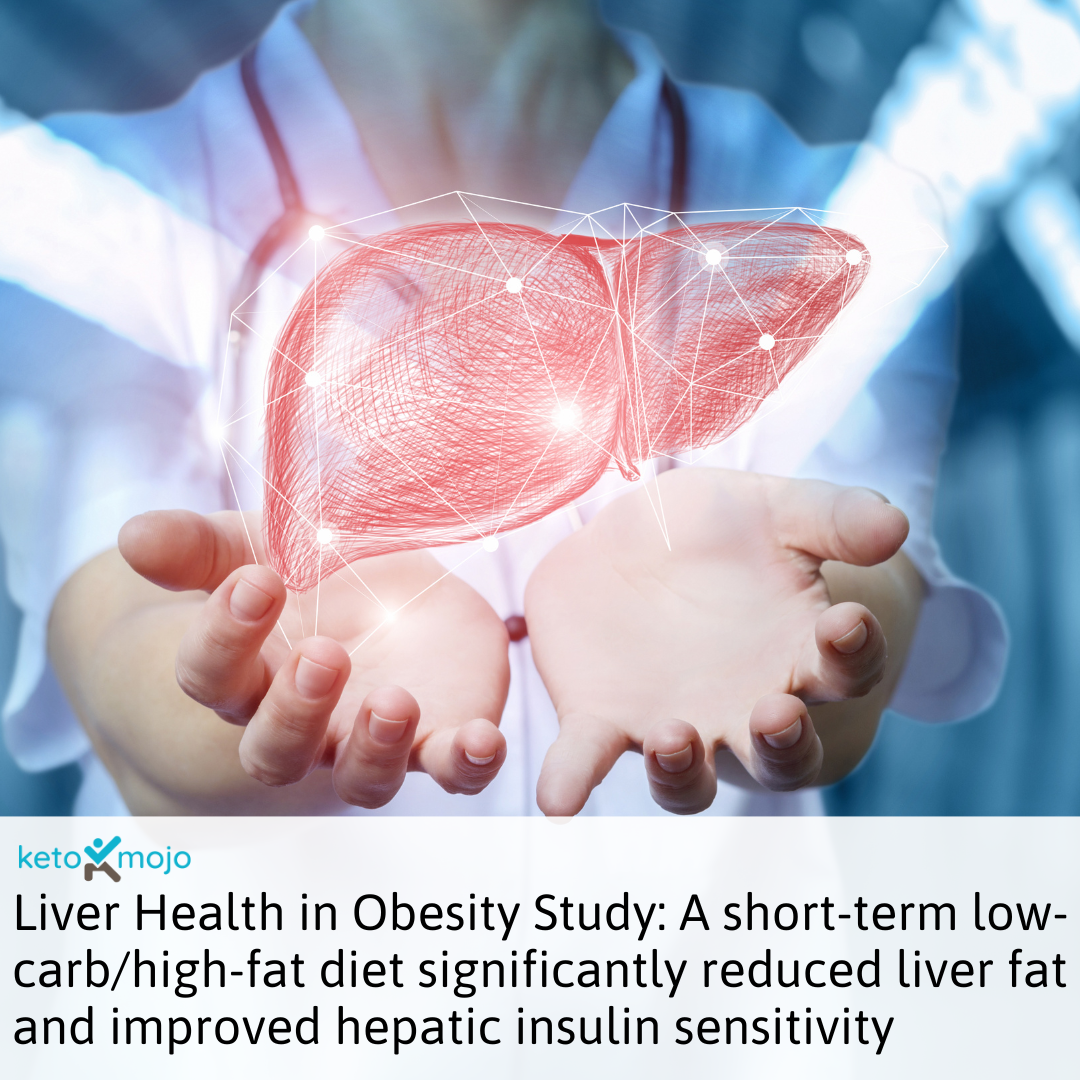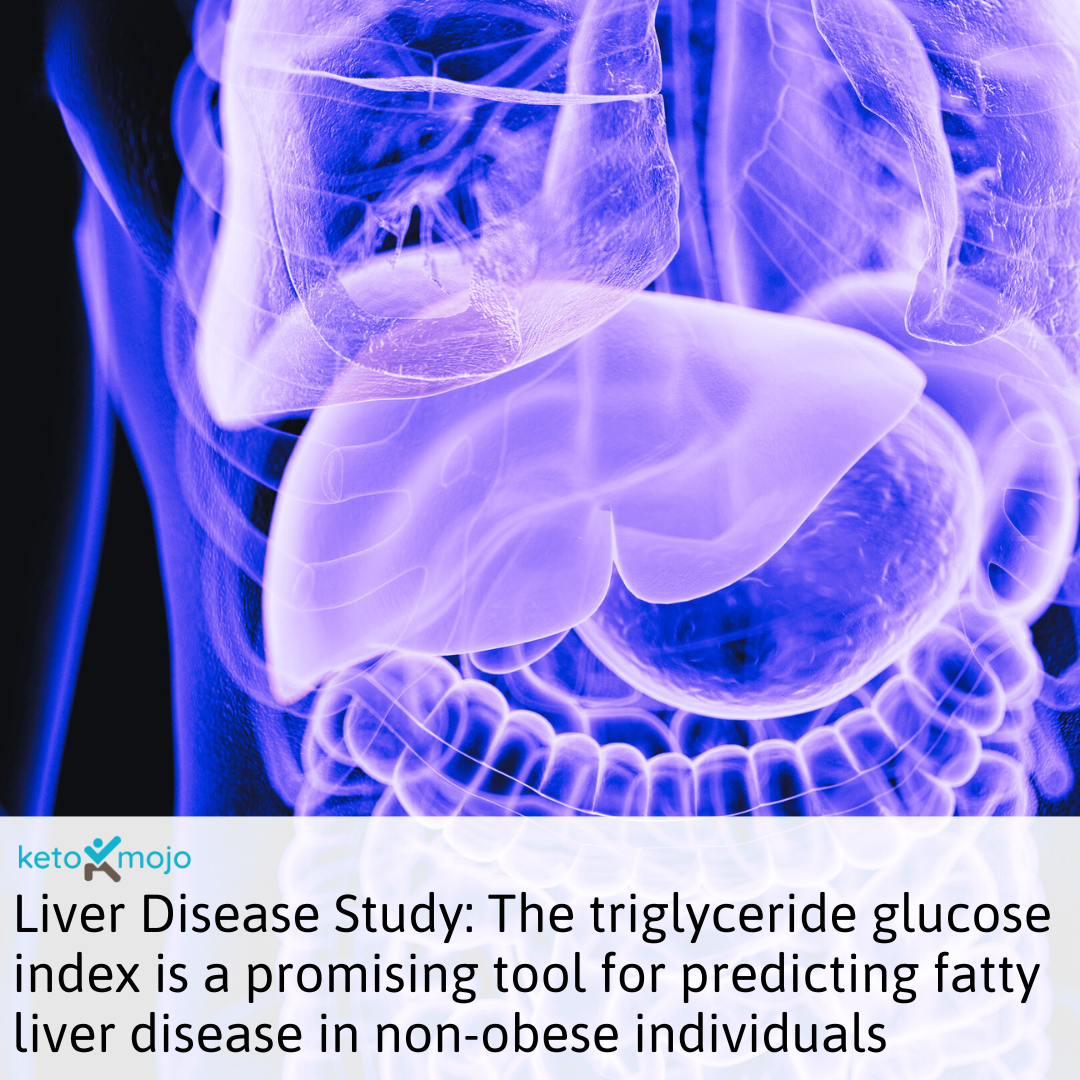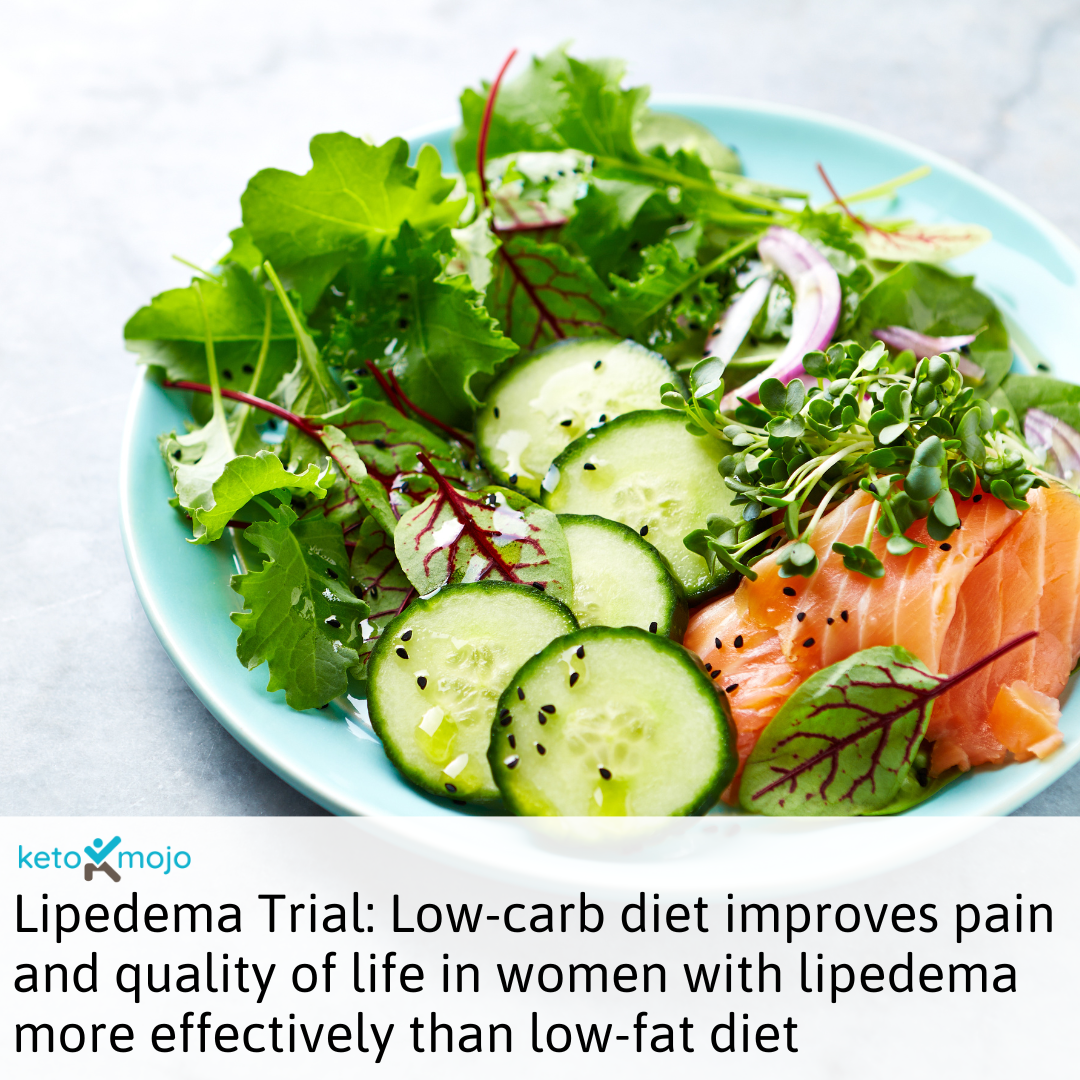Endocrine, Obesity
The impact of short-term eucaloric low- and high-carbohydrate diets on liver triacylglycerol content in males with overweight and obesity: a randomized crossover study

Excessive liver triglyceride (TG) accumulation is linked to metabolic syndrome, insulin resistance, impaired glucose metabolism, and dyslipidemia. Reducing liver TG is essential for mitigating insulin resistance and metabolic dysfunction-associated steatotic liver disease (MASLD), formerly known as non-alcoholic fatty liver disease (NAFLD).
A recent randomized crossover trial examined the short-term effects of a low-carbohydrate/high-fat (LC) diet versus a high-carbohydrate/low-fat (HC) diet on liver TG content and metabolic health in overweight or obese men without type 2 diabetes.
Eleven men followed a LC diet (11E% carbs, 70E% fat, 17E% protein) and a HC diet (65E% carbs, 16E% fat, 16E% protein) with eucaloric intake for 4 days each, with a 2-week washout period in between. Liver TG content, hepatic and whole-body insulin action, ketogenesis, and de novo lipogenesis (DNL) were assessed after each diet.
Results
Liver TG content:
→ The LC diet led to a significant 35% reduction in liver TG content compared to baseline, whereas no significant change in liver TG was observed after the HC diet.
Weight and energy intake:
→ A minor weight loss of 2.2 lbs (1.0 kg) was observed during the LC diet, whereas weight remained stable during the HC diet.
Fat oxidation and ketogenesis:
→ Increased whole-body fat oxidation, decreased DNL, and a 73% rise in beta-hydroxybutyrate levels occurred after the LC diet.
Insulin sensitivity:
→ Fasting plasma insulin concentration decreased by 24%, hepatic insulin sensitivity increased, and whole-body and adipose tissue insulin sensitivities were maintained after the LC diet.
Conclusion: A eucaloric low-carb/high-fat diet significantly reduces liver TG content within just four days, likely due to increased fat oxidation, ketogenesis, and reduced DNL. In contrast, the eucaloric high-carb diet did not show these benefits. While the study highlights short-term benefits, further research is needed for long-term outcomes.




